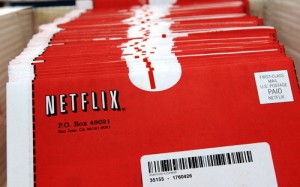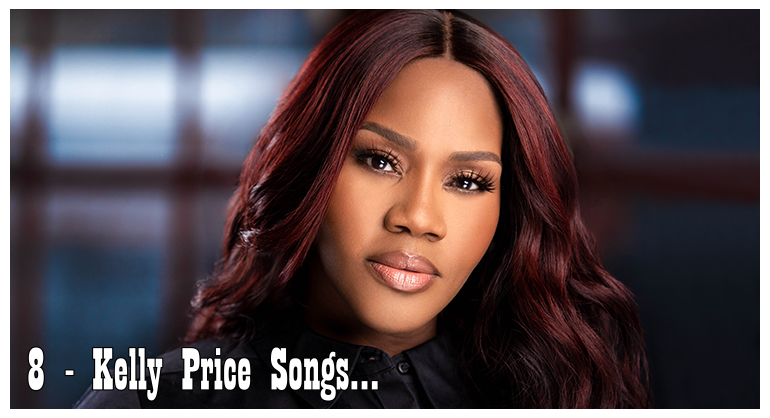(ThyBlackMan.com) Customer relationship management is essential to maintaining and growing a great business. You and your customer form a relationship, which is based upon a set of expectations and an exchange of brand loyalty, and payment (customer), in exchange for a satisfying product, customer service and consistency (business). Netflix violated these principles and as a result are facing the consequences of customer loss and share decline. We can all learn from their mistakes. In an October 25th AP article, it was reported that Netflix shares dropped close to 26% since it announced that it was doubling its prices for those who wanted to have both internet streaming movies and DVDs. From Netflix’s perspective it was making an intelligent financial move. DVDs were slowly becoming obsolete, and it is much more profitable for them stream movies over the internet than to print and mail out DVDs to customers.
So they made a business decision to separate the two services, and double the roughly $8 dollar monthly price for individuals who wanted to keep the DVD service. From a financial perspective they felt that if they separated the two services, eventually they could  phase out the DVD service altogether, and focus exclusively on the more profitable streaming business. As they were making decisions they recognized that they would probably lose some customers but this would be balanced out by the added revenue in the short run, and the long term profitability of eliminating the DVD service in the long run. They decided to rename the DVD service to Qwikster and launch it as a separate brand.
phase out the DVD service altogether, and focus exclusively on the more profitable streaming business. As they were making decisions they recognized that they would probably lose some customers but this would be balanced out by the added revenue in the short run, and the long term profitability of eliminating the DVD service in the long run. They decided to rename the DVD service to Qwikster and launch it as a separate brand.
They were wrong.
A tremendous backlash occurred as thousands upon thousands of Netflix customers revolted and left the service. Upset at the perception that prices had doubled for the same service and confused by the separation of the services under two umbrellas that would then have them paying two prices, 800,000 customer left the company.
To do damage control the Netflix CEO sent out a letter to all subscribers saying that they made a mistake and they were going back to the old format. It is highly unlikely that they will recapture many of the 800,000 customers that they lost, and they reduced their competitive advantage in the market that they may never regain. So what can we learn about customer relationship management from the Netflix failure?
1. Don’t overestimate the customer’s relationship with your brand. Whether you are a single fitness instructor, or a retail store, customers build a brand relationship with you. Like any relationship, it works best if there is consistency and trust. Once that trust is violated such as what Netflix did when it first doubled prices and then changed the name of one service, it is hard to get back. Netflix would have probably done much better slowly and incrementally raising prices. When people trust your brand to be the low cost provider, and then you double to price, you violate their trust and perception of your brand. So value your customers like you would in any relationship and that starts with creating trust and being consistent.
2. Don’t make changes based upon financial considerations alone without truly understanding the customer’s perception of the changes you want to make. It makes you wonder who is running the Netflix marketing department. To miss the possible uproar of the Netflix customers makes you wonder how thoroughly they researched their market before making the decision to split services and double prices. Netflix made a sound financial decision, because in truth they probably were right the DVDs would become obsolete. However customers make the business, and often in making a decision that on financial paper looks good, without understanding the customers reaction, you are creating a recipe for disaster.
3. Be quick to apologize and correct your mistakes. Again, like in relationships, individuals are very forgiving if an apology and a corrective action is done as soon as the problem is recognized. In Netflix case they stubbornly stuck to their policy even when they saw early on that many customers were in revolt. Many customers felt that their feedback wasn’t listened to, and by the time the apology and corrective action occurred, it was too late for many subscribers.
So remember, a good business is built on customer relationships. Customers want to trust and believe that your product or service is going to be consistent. Change is necessary to survive in business, but it should be done with the relationship with your customers squarely understood and at the top of your mind always. Learn from Netflix.
Staff Writer; Dell Gines
For More Power Pack Business Info do visit; I Am Dell.
Also connect with this brother via Facebook; D. Gines.

















Leave a Reply